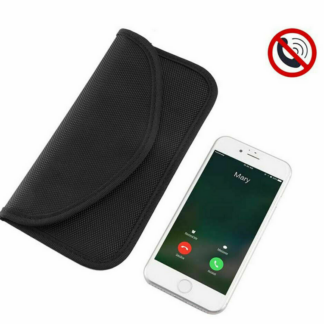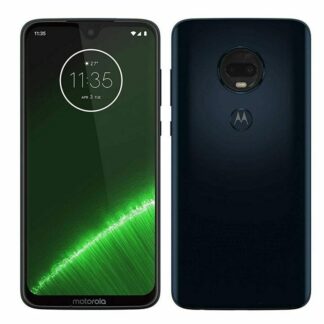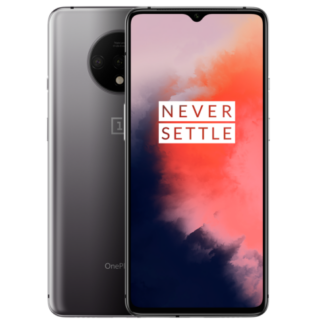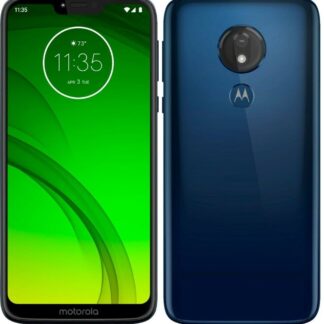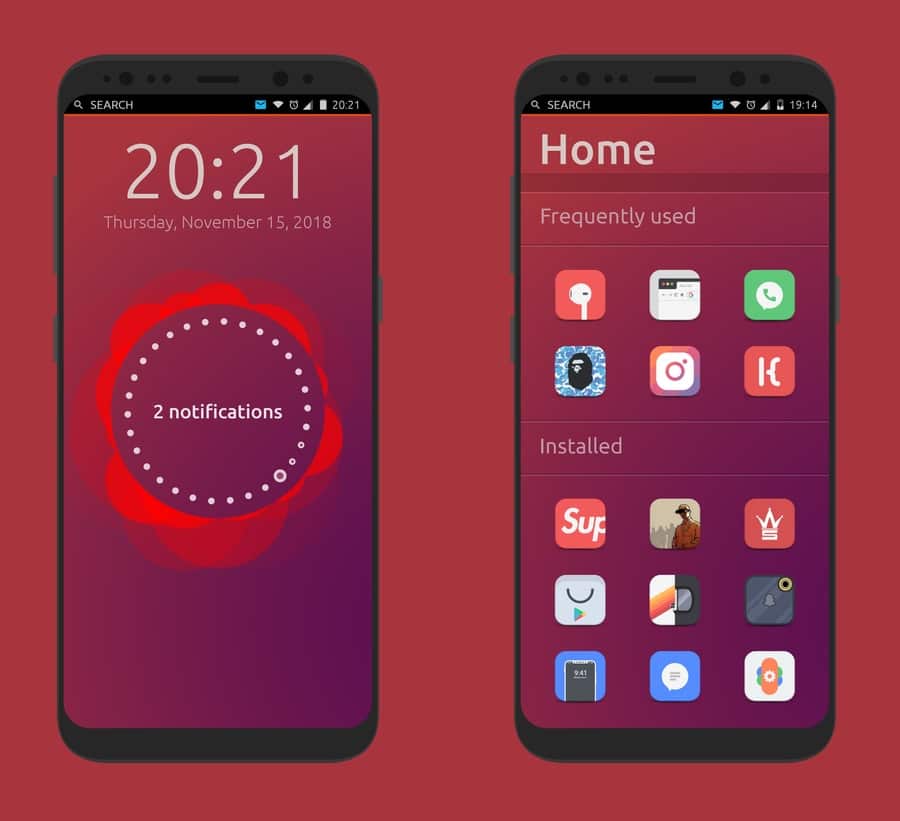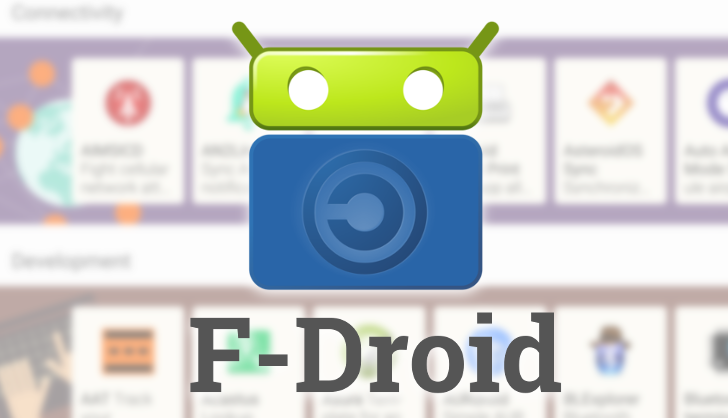
When it comes to software that respects your privacy, the open source F-Droid store is your one-stop shop for Android apps.
Whether you’re using a fully degoogled smartphone or simply looking to use FOSS (free and open source) software on your vanilla Android smartphone, F-Droid offers some serious perks over the closed-source and spyware-laden Google Play Store.
Looking to get started with F-Droid? Here’s some of our favorite apps to get you started!
1. NewPipe
We certainly understand why people don’t like YouTube these days.
Censorship is rampant. It’s a Google property. And the YouTube app’s inability to block ads or listen to videos with your phone’s screen off (unless you pay up, of course) is problematic, to say the least.
That’s where NewPipe comes in. It’s an open-source YouTube scraper that allows you to watch videos, subscribe to creators, and even download content without using a Google account.
NewPipe is also ad-free by default!
You can even listen to videos with NewPipe while your phone’s screen is shut off. ? It’s a great touch for listening to podcasts and music on the go!
2. AntennaPod + Feeder
Okay, this one’s cheating a bit. AntennaPod and Feeder are two separate apps.
But they’re both RSS feed parsers, so that makes it okay, right?
AntennaPod is a podcasting app. It’s arguably the best Android podcatcher out there, open source or not. The fact that it’s available on the open source F-Droid shop is just icing on the cake.
AntennaPod can take manual RSS feed submissions if you want to subscribe to your favorite creators directly. It also supports PodcastIndex, a new podcast aggregation service trying to compete directly with iTunes and Spotify. There are even apps pushing blockchain-hosted podcasts directly to AntennaPod!
Feeder, by contrast, is for text-based RSS feeds. Why let algorithms serve your news to you? With Feeder, you can subscribe to your favorite blogs and news outlets directly and get them pushed straight to your degoogled smartphone.
Dictate by algorithm is one of the most insidious methods used by Big Tech to manipulate social outcomes. RSS-based apps like AntennaPod and Feeder go a long way in fixing this.
-
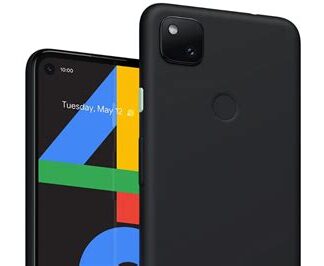 Degoogled Pixel 4a (128GB)$649.99
Degoogled Pixel 4a (128GB)$649.99 -
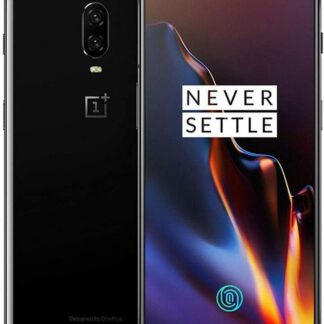 Degoogled OnePlus 6T (128GB)$449.99
Degoogled OnePlus 6T (128GB)$449.99 -
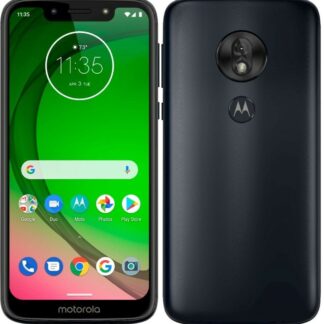 Degoogled Moto G7 Play Smartphone (32GB)$299.99
Degoogled Moto G7 Play Smartphone (32GB)$299.99
3. FairEmail
Your degoogled phone doesn’t have Gmail. That’s probably for the best.
But how do you manage the rest of your email accounts? Individual browser apps are cumbersome, and if you’re managing multiple inboxes, they can quickly become a chore.
FairEmail is a fantastic open source F-Droid email client. They support Gmail, Outlook, Yahoo, Yandex, and all POP3 accounts by default. And if you know your email server’s credentials, you can add any self-hosted email client as well.
Email is, by its nature, not a private technology. But limiting the number of services that have access to your emails by default is still a worthwhile endeavor.
As a runner-up, ProtonMail also has a closed-source app that you can install via Aurora Store. However, self-hosted email inboxes are always preferable to third-parties, even encrypted ones.
4. OsmAnd+
OsmAnd+ is an open source navigation app.
It’s not as user-friendly as Google Maps or as full-featured as Waze. But if you value your autonomy and privacy, even while using GPS, OsmAnd+ is a great option.
And if you’re using OsmAnd+ on a fully degoogled phone, then you can rest assured that Google’s location services and creepy WiFi triangulation technology aren’t active.
We’ve got a full article on using GPS with degoogled phones here.
5. Aurora Store
Aurora Store is the premier Google Play Store replacement.
It’s a portal to the same apps you know and love in Google’s Play Store, but with an open source and privacy-respecting implementation. If you simply can’t go without some of your favorite “normal” apps, Aurora Store is the best place to get them.
How does Aurora Store respect your privacy while downloading apps from Google services, though?
First and foremost, Aurora Store does not require a Google account or login. They create an anonymous account on your behalf to avoid leaking data to Google.
The second cool feature offered by Aurora Store is device spoofing. This basically allows your phone to “lie” to Google services about your device type and language when downloading apps and offers a huge privacy boost over using Google Apps directly.
But be wary – many degoogled ROMs do not actually support device spoofing by default!
All phones we sell here at PrivacyToGo support device spoofing and we have a more comprehensive article on this topic here.
In Closing
Whether you’re using a fully degoogled smartphone or simply looking to reduce your dependency on Google spyware, installing and using apps from F-Droid is a great start.
Some of the apps you’ll find in F-Droid might not be as polished or feature-rich as you’re used to, but the trade-off in terms of privacy is unparalleled. We hope this brief guide gets you started on your journey using more FOSS software on Android!
For those who want to take smartphone privacy to the next level, a fully degoogled smartphone is the natural next step.


